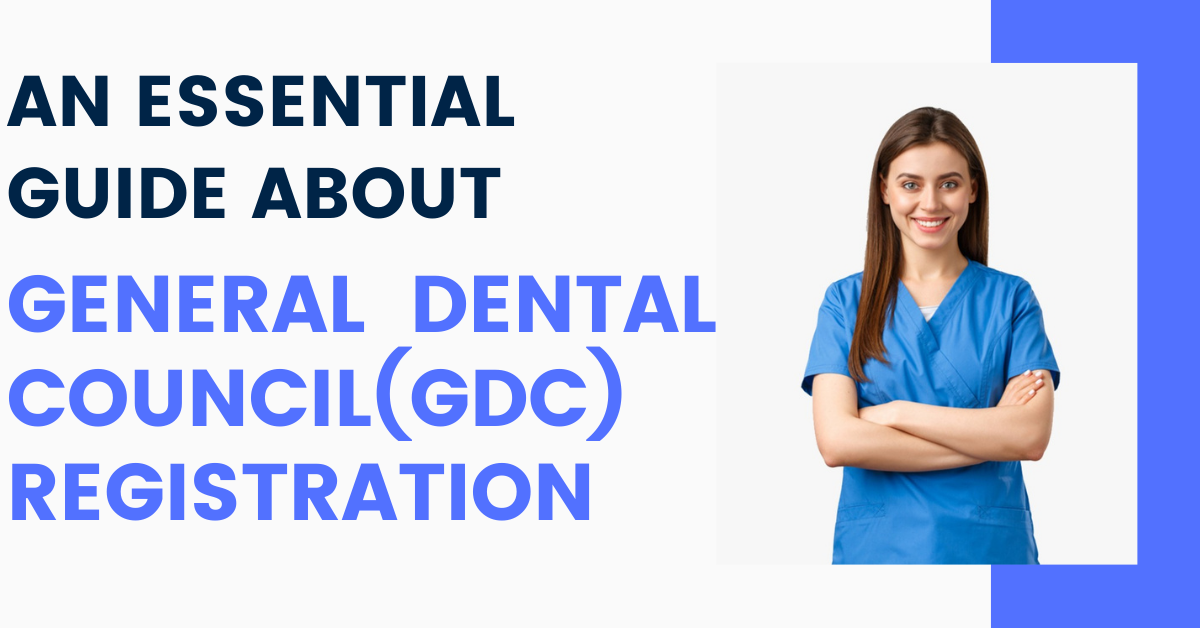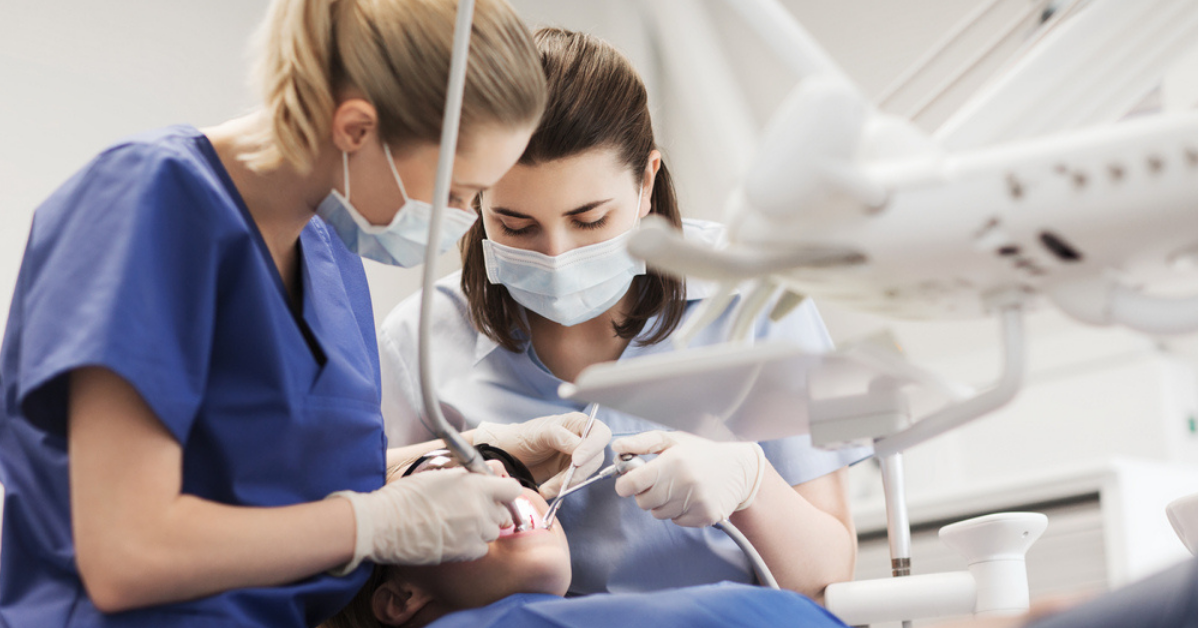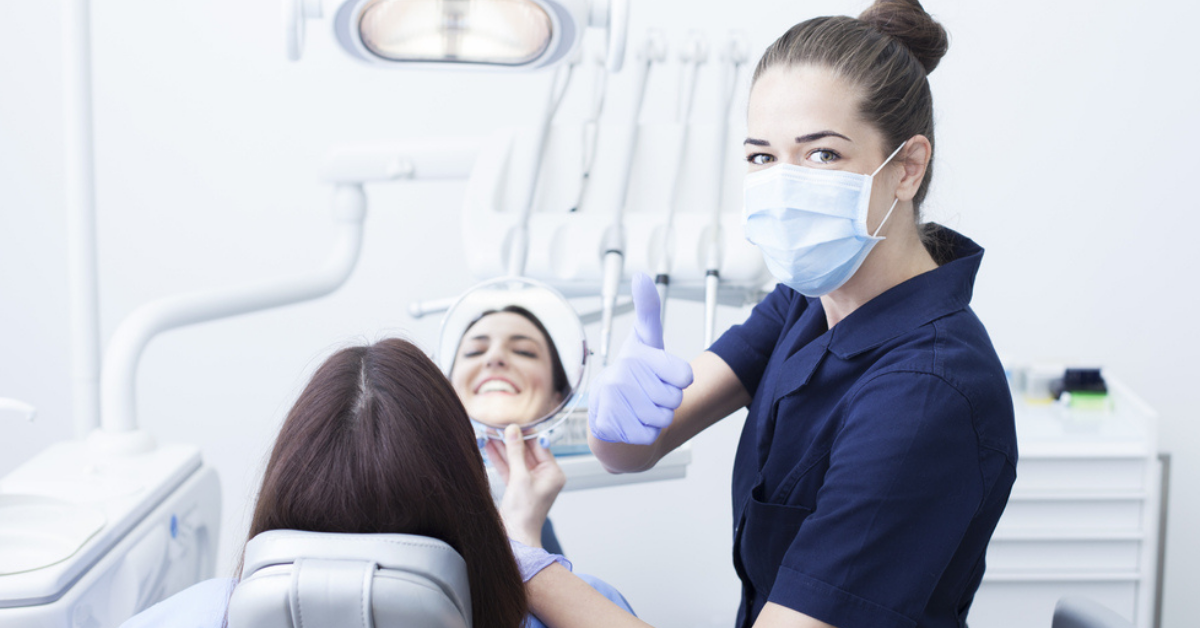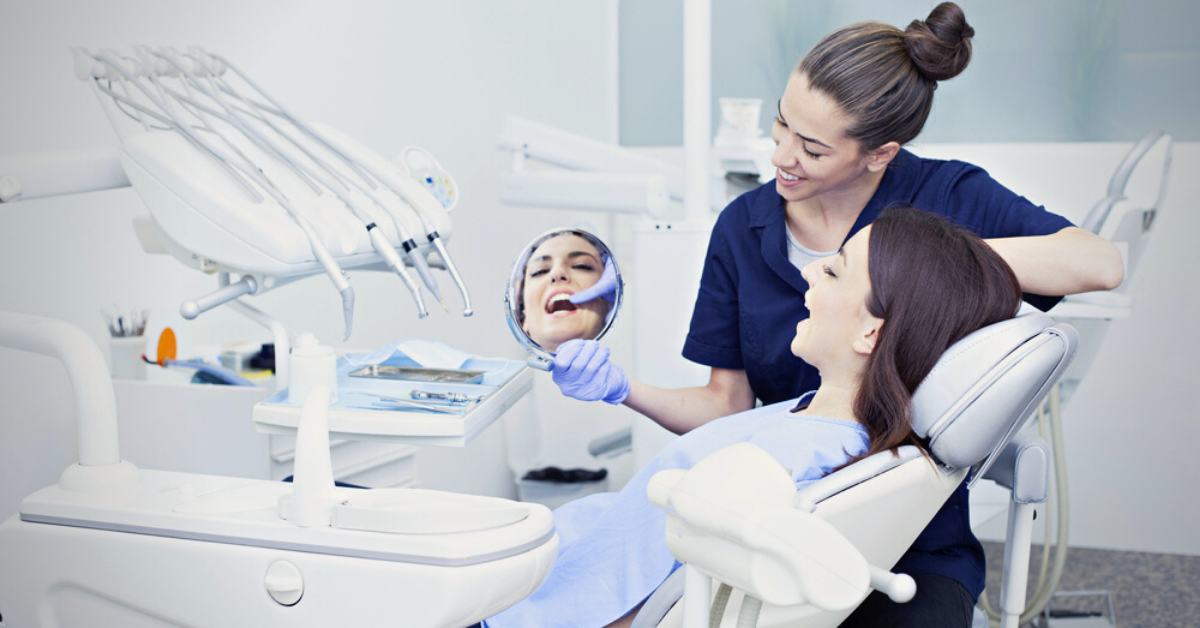Career Growth And Salaries For Scotland Dentists - Jskilz Global

Dentists in Scotland, like in the rest of the United Kingdom, can expect to experience growth in their careers and salaries over time. The growth and salaries of dentists in Scotland can vary depending on factors such as experience, location, and the type of dentistry they practice.
Career growth for Scotland dentists
The career growth of Scotland dentists is explained below in detail:
1. Increased Oral Health Awareness:
- Public awareness campaigns, school-based dental education programs, and community outreach efforts have helped raise awareness about the importance of oral health in Scotland.
- People are now more conscious of the link between oral health and overall well-being, leading to a higher demand for preventive and therapeutic dental services.
2. Advancements in Dental Technology:
Scotland, like the rest of the world, has witnessed significant technological advances in dentistry. These include:
Digital radiography and imaging, which provide clearer diagnostic information, Laser technology for various dental procedures, offering precision and reduced discomfort, Computer-aided design/computer-aided manufacturing (CAD/CAM) systems for same-day
restorations.
The adoption of such technologies can make dental practices more efficient and attractive to both patients and practitioners.
Must Read: Complete PLVE Application Process For GDC Dentist
3. Access to Dental Services:
Efforts have been made to improve access to dental care in remote and underserved areas of Scotland.
Initiatives like mobile dental clinics, outreach programs, and telehealth services have helped ensure that more people can receive dental care.
4. Changing Demographics:
Scotland, like many developed countries, has an aging population. Older adults often require more extensive dental care, including restorative work and denture services.
This demographic trend increases the demand for dental services and, in turn, the need for dentists.
5. Policy Changes:
Government policies related to healthcare funding and dental care can have a significant impact on the growth of the dental profession.
For example, changes in NHS funding for dental services or the introduction of new oral health initiatives can influence the number of dental professionals needed.
6. Training and Education:
Scotland has dental schools that provide education and training for aspiring dentists.
The availability of these programs plays a critical role in producing new dental graduates who enter the workforce. This way even the govt. is stepping ahead fast for Scotland dentists and their future growth.
7. Private vs. NHS Dentistry:
Scotland, like the rest of the UK, offers both private and NHS dental services.
Changes in NHS funding rates, the availability of NHS dental appointments, and regulations governing NHS dentistry has enabled a dentist's decision to work in the public or private sector.
8. Technological Integration:
Tele dentistry has improved access to consultations and advice, especially in remote areas, potentially increasing the need for dental professionals to support such services.
Overall, the growth of the dental profession in Scotland is influenced by a combination of healthcare policies, technological advancements, demographic factors, and public awareness efforts.
These factors complement the growth of Scotland dentists.
Salaries for Scotland Dentists
Here is a quick review of salaries in Scotland for dentistry and its several branches, considering different factors like:
Location:
A dentist in an urban area like Edinburgh or Glasgow could earn an average annual salary ranging from £70,000 to £90,000 or more, whereas a dentist in a rural area might earn between £60,000 and £80,000.
Specialization:
Dentists with specialized training, such as oral surgeons, orthodontists, or periodontists, may earn annual salaries starting from £80,000 to well over £100,000, depending on experience and location.
Experience:
A newly qualified dentist in Scotland might begin with an annual salary of around £30,000 to £40,000. However, with several years of experience, this can increase to £50,000 to £70,000 or more.
Practice in NHS
Dentists working in NHS practices typically earn salaries based on the NHS pay scales. A newly qualified dentist in the NHS might start at Band A with a salary of around £32,000, while senior dentists can earn over £80,000 in higher bands.
Private practice
Private practice dentists' earnings vary widely based on the number of private patients they treat and the services they offer. With the past data we can conclude that private dentistry make lots of income options to the dentists provided enough references, links and mouth to mouth marketing.
You can also hire a marketing team to grow your private dentistry exponentially.
Must Read: Complete Roadmap To Become A Dentist In The UK
Location within Scotland:
Dentists working in remote or underserved areas may receive additional incentives, which can increase their annual income. These incentives could range from a few thousand pounds to more substantial bonuses.
Continuing Education and Specialization:
Dentists who invest in continuing education and become specialists can earn higher incomes. For instance, a dentist specializing in orthodontics could earn an annual salary of £80,000 to £100,000 or more.
These are approximate salary ranges, and actual salaries can vary widely based on individual circumstances, practice type, and changes in the job market.
Additionally, salaries for dentists who are overseas-trained and practicing in the UK may differ based on their qualifications and the specific job they secure.
All the best to your future dreams!
For any further help or query contact us freely via info@jskilzglobal.com.
To check current PLVE job openings, Click Here and Post your Medical CV Click Here!
Click Here to join our Official Facebook Group for timely updates on PLVE/Dentist Jobs opportunities in the UK.
Must Read: The Total Expense Of Becoming A Dentist In The UK










